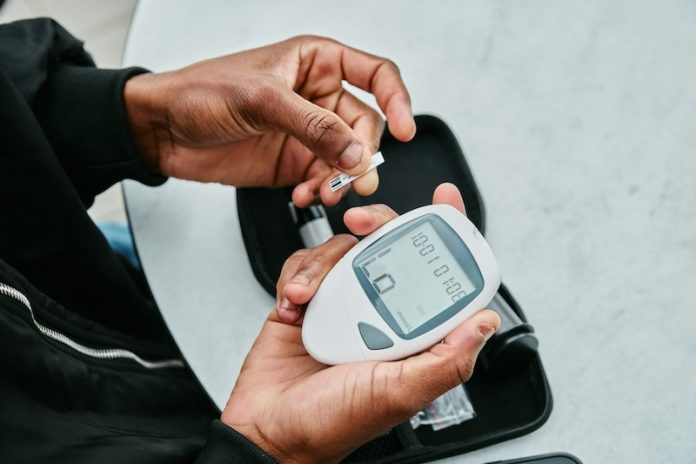
As we age, taking care of our health becomes even more important, and one critical area to pay attention to is blood sugar levels. Blood sugar, or glucose, is the main source of energy for your body. However, too much glucose in the bloodstream over time can lead to serious health problems.
For people over 50, controlling blood sugar is especially important because age increases the risk of developing insulin resistance and type 2 diabetes. The good news is that with some understanding and lifestyle adjustments, you can manage your blood sugar and protect your health.
Blood sugar levels are controlled by a hormone called insulin, which helps move glucose from your bloodstream into your cells, where it’s used for energy. As you age, your body may become less responsive to insulin, a condition known as insulin resistance.
When this happens, glucose starts building up in your blood instead of entering your cells. Over time, this can lead to higher blood sugar levels and eventually to type 2 diabetes.
Research has shown that people over 50 are more likely to develop this condition due to hormonal changes, a slower metabolism, and lifestyle factors such as reduced physical activity.
Uncontrolled blood sugar can cause a range of problems. In the short term, high blood sugar can make you feel tired, thirsty, or lightheaded. But the long-term effects are much more serious.
High blood sugar can damage blood vessels and nerves, leading to complications such as heart disease, kidney problems, vision loss, and even an increased risk of dementia. Studies have found that high blood sugar over time also accelerates aging processes in the body, making it even more crucial to keep it under control.
One key way to manage blood sugar is through diet. Eating a balanced diet that focuses on whole, unprocessed foods is one of the most effective ways to keep blood sugar stable.
Foods rich in fiber, such as whole grains, vegetables, fruits, and legumes, help slow down the absorption of sugar into your bloodstream, preventing spikes and crashes.
Research suggests that foods with a low glycemic index, like oats, lentils, and non-starchy vegetables, are particularly helpful for people over 50. Reducing sugary drinks, sweets, and refined carbs, like white bread and pasta, is also essential, as these can cause sharp increases in blood sugar levels.
Exercise plays a vital role in blood sugar control, too. Physical activity helps your muscles use glucose for energy, lowering blood sugar levels in the process. Studies show that even moderate activities like walking, gardening, or yoga can improve insulin sensitivity and help stabilize blood sugar.
Aim for at least 30 minutes of physical activity most days of the week. Strength training, such as lifting weights or using resistance bands, is especially beneficial for people over 50 because it not only helps control blood sugar but also preserves muscle mass, which tends to decrease with age.
Sleep and stress management are often overlooked but are equally important in controlling blood sugar. Poor sleep can disrupt your body’s insulin function, while chronic stress can lead to higher blood sugar levels due to the release of stress hormones like cortisol.
Prioritizing good sleep hygiene, such as maintaining a regular sleep schedule and creating a relaxing bedtime routine, can make a big difference. Stress-reducing activities like meditation, deep breathing, or spending time in nature can also help.
For those who already have prediabetes or diabetes, regular blood sugar monitoring and working with a healthcare provider are crucial steps.
Medications and treatments may be necessary, but lifestyle changes remain the foundation of effective management. The sooner you take action, the better your chances of avoiding complications.
In summary, controlling blood sugar levels becomes more important after 50 because the risk of insulin resistance and type 2 diabetes increases with age.
High blood sugar can lead to serious health problems, but by making simple lifestyle changes, such as eating a balanced diet, staying active, getting enough sleep, and managing stress, you can take charge of your health.
These steps not only help keep your blood sugar in check but also improve your overall well-being, allowing you to enjoy life to the fullest as you age.
If you care about diabetes, please read studies about bananas and diabetes, and honey could help control blood sugar.
For more health information, please see recent studies about Vitamin D that may reduce dangerous complications in diabetes and results showing plant-based protein foods may help reverse type 2 diabetes.
Copyright © 2025 Knowridge Science Report. All rights reserved.



